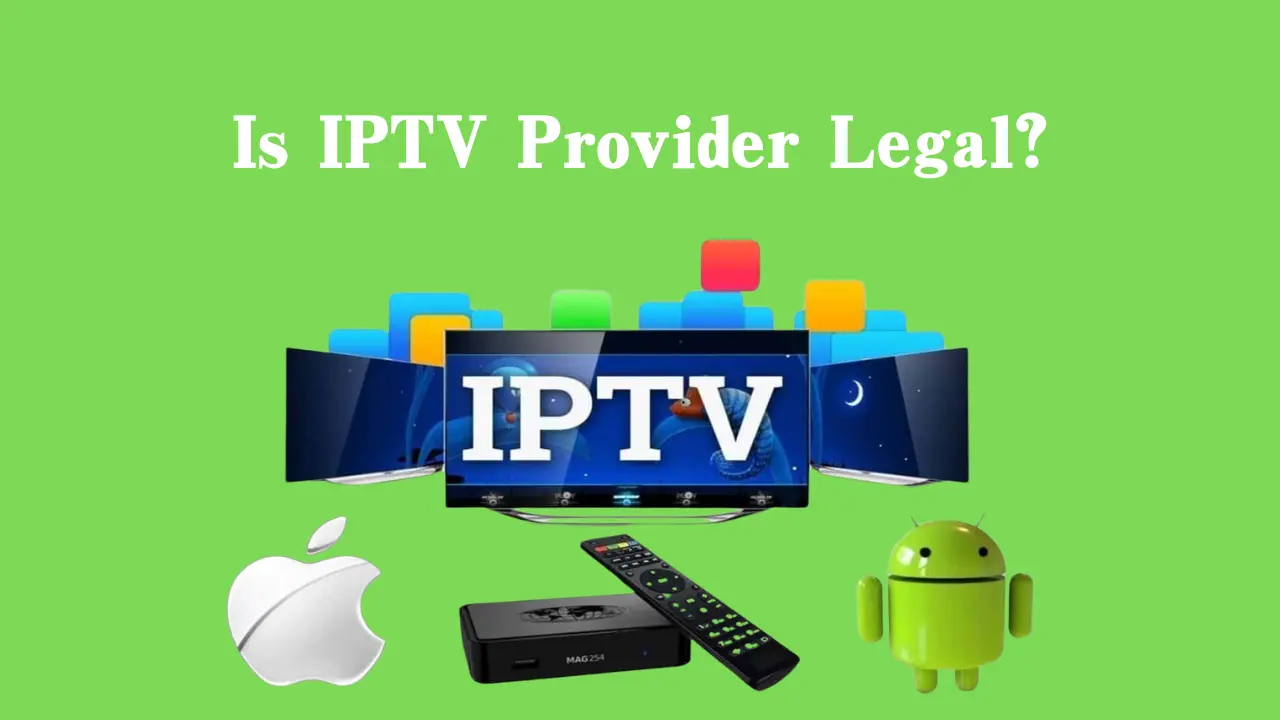As more people look for flexible and affordable ways to stream TV and movies, IPTV (Internet Protocol Television) has gained popularity.
But, as with any technology, it comes with questions about legality. If you’ve ever wondered if IPTV is legal or not, you’re not alone. Let’s break it down in a way that’s easy to grasp—without all the legal jargon.
What Exactly is IPTV?
IPTV allows people to stream television channels and content via the internet instead of traditional cable or satellite methods. Think of it like Netflix or Hulu but for live TV. There are two types of IPTV services:
- Legitimate IPTV services – These are platforms like Sling TV, YouTube TV, and Hulu Live, which have the proper licenses to stream content.
- Unofficial IPTV services – These are services that might not have the rights to distribute certain shows or channels. This is where things get a little murky.
Why the Confusion Around Legality?
The reason IPTV sits in a legal gray area is that not all IPTV services are created equal. The official services pay for the content they broadcast, so there’s no question about their legality.
But the issue comes in with the unofficial ones, which may offer popular channels or pay-per-view events without permission.

How IPTV Gets Tricky
Here’s where it gets sticky: some IPTV services may appear to be legit, but they don’t have the proper licenses. The service itself might not tell you upfront that they don’t have permission to broadcast certain content.
This means that, while you might just be looking for an affordable way to stream your favorite channels, you could unknowingly be using a service that’s breaking copyright laws.
What’s at Risk?
So, what happens if you’re using an unofficial IPTV service? Well, it’s not just the service provider who might be held accountable. In some cases, users have faced fines or legal action for streaming copyrighted material illegally. It’s rare, but it does happen.
Potential consequences:
- Service disruptions – Unofficial IPTV services can get shut down at any time, leaving you without access to what you paid for.
- Legal risks – While the focus is often on providers, users can also be targeted in certain countries.
- Security concerns – Many unofficial IPTV services don’t prioritize security, which could put your personal information at risk.

How Can You Tell if IPTV is Legal?
If you’re not sure if the IPTV service you’re using is legal, look for a few telltale signs:
- Price too good to be true – If an IPTV service is offering premium channels for a fraction of the cost, it might be operating without the proper licenses.
- Lack of branding – Legitimate services often have official apps or are available on platforms like Apple TV, Roku, or Amazon Fire Stick.
- Shady payment methods – If the service is asking for payments through unconventional methods like cryptocurrency, it’s a red flag.
So, Is IPTV Worth the Risk?
For some, the affordability of unofficial IPTV services can be tempting. But when you factor in the risks—legal consequences, losing access, and potential security issues—it’s worth considering whether it’s the best choice for you.
In the end, if you want peace of mind and a hassle-free experience, sticking with a reputable IPTV provider is the safest option. There are plenty of affordable, legal options out there that offer flexibility without putting you in a gray area.

Final Thoughts
IPTV has opened up a new world of streaming possibilities, but it’s important to be aware of what you’re getting into. Not all services are above board, and the last thing you want is to land in hot water over something that seemed like a good deal at first.
So, if you’re thinking about jumping into IPTV, just make sure you’re doing it in a way that won’t come back to haunt you later.
 Hi Boox Popular Magazine 2025
Hi Boox Popular Magazine 2025



